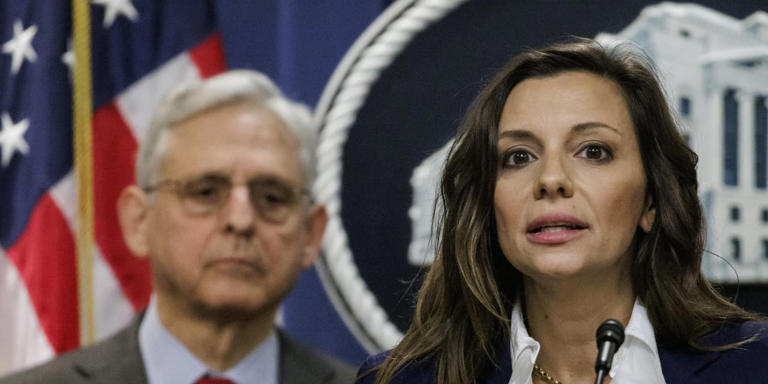Terren Scott Peizer, the former CEO and chairman of Ontrak Inc., was found guilty of a multimillion-dollar insider trading scheme by a federal jury in Los Angeles. Peizer, who resides in Puerto Rico and Santa Monica, California, was convicted on one count of securities fraud and two counts of insider trading.
Details of the Case
The Justice Department’s announcement highlighted that this case is particularly notable as it is the first prosecution based exclusively on Rule 10b5-1. This rule allows company insiders to create predetermined plans to sell shares, which are intended to provide a legal way to avoid accusations of insider trading. However, Peizer was found to have violated these rules when he set up plans in 2021 to sell shares to avoid more than $12.5 million in losses. He did this after learning that Ontrak’s largest customer was set to terminate its contract with the company. Once this news became public, Ontrak’s stock price dropped by more than 44%.
Implications and Statements
“This is the Justice Department’s first insider-trading prosecution based exclusively on the use of a trading plan, but it will not be our last,” said Deputy Assistant Attorney General Nicole M. Argentieri, who heads the Justice Department’s Criminal Division. “We will not let corporate executives who trade on inside information hide behind trading plans they established in bad faith.”
Peizer’s conviction underscores the government’s commitment to enforcing securities laws and ensuring that corporate insiders do not exploit trading plans to shield themselves from liability when they engage in illegal activities. The prosecution argued that Peizer acted with the knowledge that the termination of the contract would significantly impact Ontrak’s stock price, and thus, his actions were premeditated to circumvent potential financial losses.
Defense and Future Actions
David Willingham, one of Peizer’s lawyers, stated in an email that they plan to appeal the conviction. He argued that testimony during the trial demonstrated Peizer did not act in bad faith because he relied on the advice of his management team when he set up the trading plans. “In our view, this result is a travesty of justice, as Terren Peizer is innocent of these charges,” Willingham said. “We will not rest until it is overturned.”
The defense’s position suggests that Peizer’s actions were not motivated by an intent to deceive but rather were based on counsel from his team. This line of defense will likely be central to the appeal process.
Sentencing and Potential Penalties
Peizer, 64, is scheduled to be sentenced in October. He faces significant penalties for his actions, with the securities fraud charge carrying a potential sentence of up to 25 years in prison, and each count of insider trading carrying up to 20 years. The severity of these potential sentences reflects the gravity of the offenses and the government’s stance on deterring insider trading.
Peizer stepped down as CEO of Ontrak Inc. in March of the previous year after his indictment. This step down marked a significant shift for the company, which is a publicly traded healthcare firm based just outside Las Vegas. The company’s future operations and stock performance have likely been affected by the legal proceedings and the subsequent fallout from the insider trading case.
Broader Impact
This case sets a precedent for future prosecutions involving Rule 10b5-1 trading plans. The Justice Department’s aggressive stance indicates that they will scrutinize the use of such plans closely to ensure they are not being misused. Corporate executives and insiders are now on notice that establishing a trading plan will not automatically protect them from allegations of insider trading if there is evidence of bad faith or manipulation of the rules.
The implications for corporate governance and compliance practices are significant. Companies may need to re-evaluate their policies and procedures regarding trading plans to ensure that they are being used properly and that there are sufficient safeguards to prevent abuse.
Conclusion
Terren Scott Peizer’s conviction for insider trading marks a significant development in securities law enforcement. As he awaits sentencing, the broader corporate and legal communities will be watching closely to see how this case influences future prosecutions and the use of Rule 10b5-1 trading plans. The outcome of Peizer’s appeal will also be pivotal in shaping the legal landscape for insider trading cases moving forward.
